Four Score and More: The History of the Music Academy, Madras
The Music Academy, Madras is a landmark institution in the history of the fine arts. Founded in 1928 as an outcome of the music conference that was held in conjunction with the All India Congress Session in Madras city the previous year, it was conceived to be the institution that would set the standard for Carnatic Music. In the process, it began in 1929 the practice of hosting annual conferences on music, which in turn spawned the December Music Festival of Madras, one of the largest cultural events of the world.
Founded by a group of opinion-leaders of Madras Presidency, all of whom had their individual ideas on how the institution ought to function, the Academy soon won over the entire community of artistes. Its evolution became a collaborative exercise between the two groups. The ragas were debated upon, theory of music was discussed in detail, young talent was encouraged and senior artistes were given a platform to present their art to the cognoscenti. A series of publications was brought out and these works have been of immense use to scholars and the lay public.
In the 1930s the Music Academy championed the cause of classical dance and provided a forum for discussions on the subject and more importantly, presented dance performances with a view to getting the public to see the beauties of a traditional art that was in danger of dying. In addition to South Indian music and dance, the Music Academy has also been a venue for Hindustani Music, classical dance forms from the rest of India and the world. Over the years the Academy's Organisation of the December Music Season became a byword for efficiency and its auditorium has seen music-lovers from all over the world flocking to it to revel in its unique artistic atmosphere.
The book is a chronicle of the institution in the past eighty years, its growth, the various personalities who were at the helm of affairs and the incidents and episodes that went into the making of a unique cultural icon.
Get it now and save 10%
BECOME A MEMBER

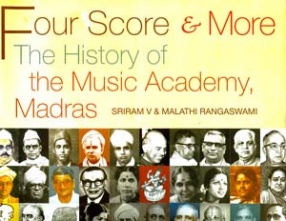
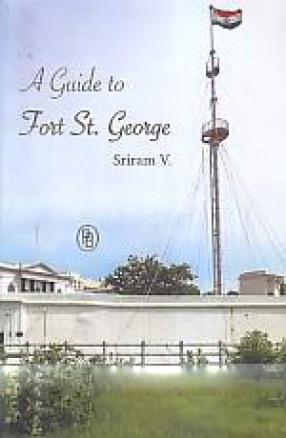
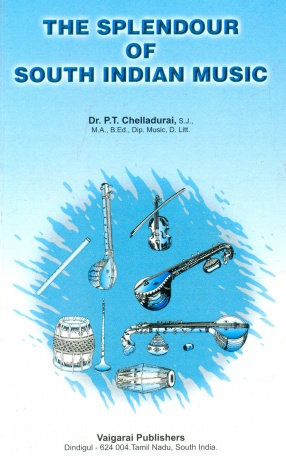
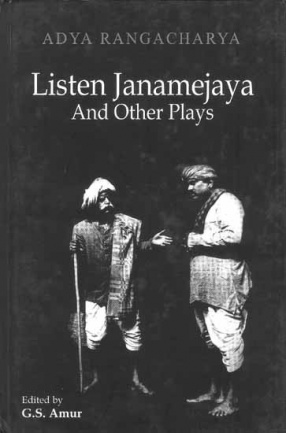
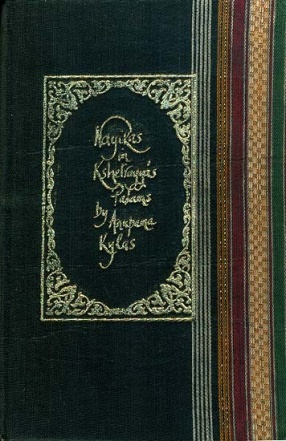
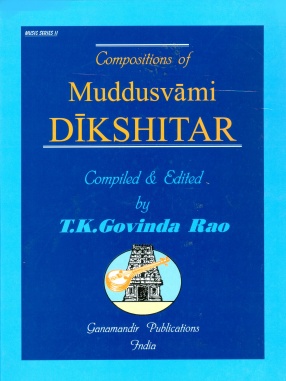

Bibliographic information
Sriram V.